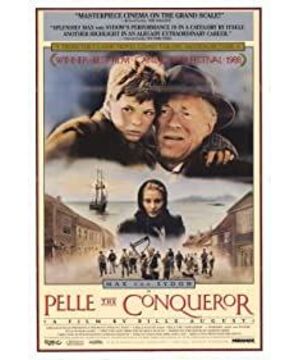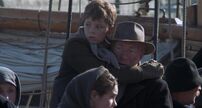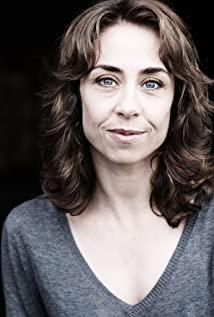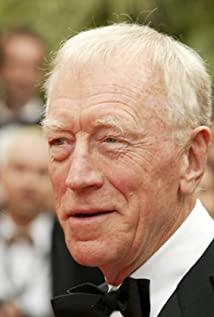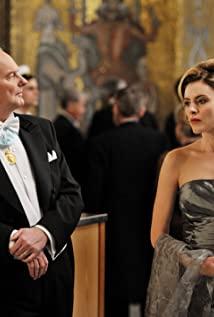(Sketch on mobile phone, unwritten)
The original Oscar, the 1988 Cannes Palme d'Or, and the 1989 Oscar for the best foreign language film, there are very few films that can compare with it.
Photography is great.
Half of it is the vastness of northern Europe, and the distant view presents a kind of stark wilderness; half is the approximation of the characters: the little boy Pelle is both a bystander and a witness.
In this "autonomous" farm, the class antagonisms, the barbarism of the foreman, the frailty of women, the predicament of immigrants, were all accurately transmitted to the world of children. With ignorance, they inherited all suffering, hatred and despair.
The appearance of Erik was too rare for Pelle to enlighten him, and gave him hope in the "distance". Representing "rebellion", he instilled in Pelle the concepts of "freedom" and "dignity".
With his father succumbing to it and losing his position (even in the end, he started to become servile), giving Pelle spiritual redemption.
Just when I thought everything was going to be as crazy as "Dog Town", an accident turned Erik into the most obedient fool, and was even sent away. And the peaceful life that father yearned for was shattered with the return of the "widow" husband, leaving only endless shame.
Father and son cannot go back, or even stay in place. But my father is too old.
The old man can only die in place. And young people have to leave and face an outside world that can be just as cruel and vicious. At the end of the scene, the intensity is fast and accurate, and there are even a few flies on the old man. senescence? Weak, hopeless, hopeless...
"Conqueror" Pelle has not conquered anything, but his soul has not been "conquered", it is already rare.
View more about Pelle the Conqueror reviews


